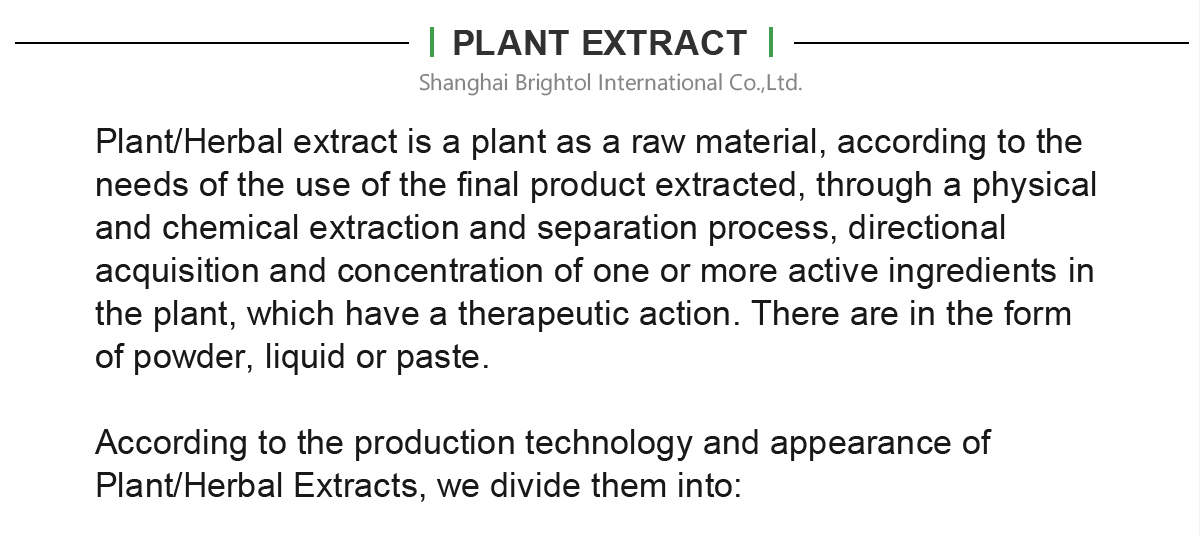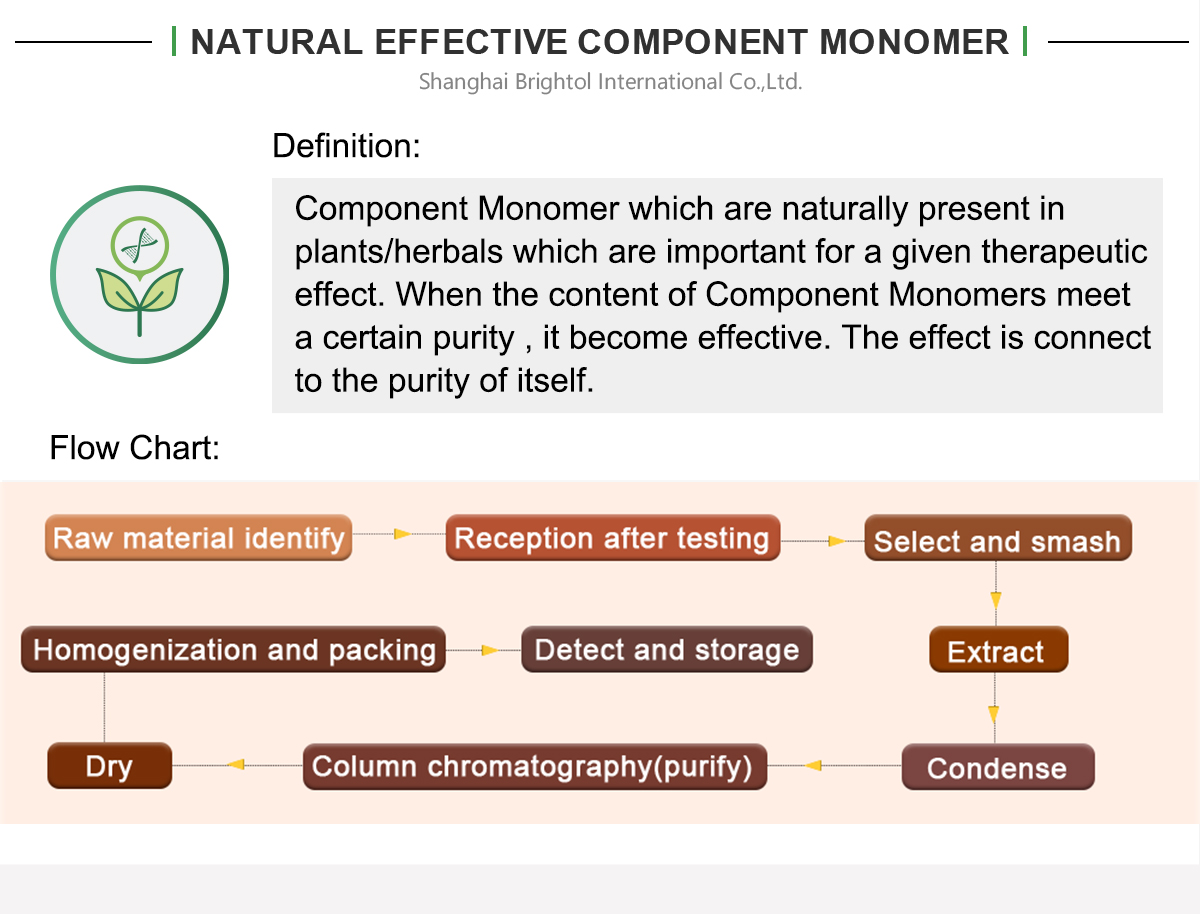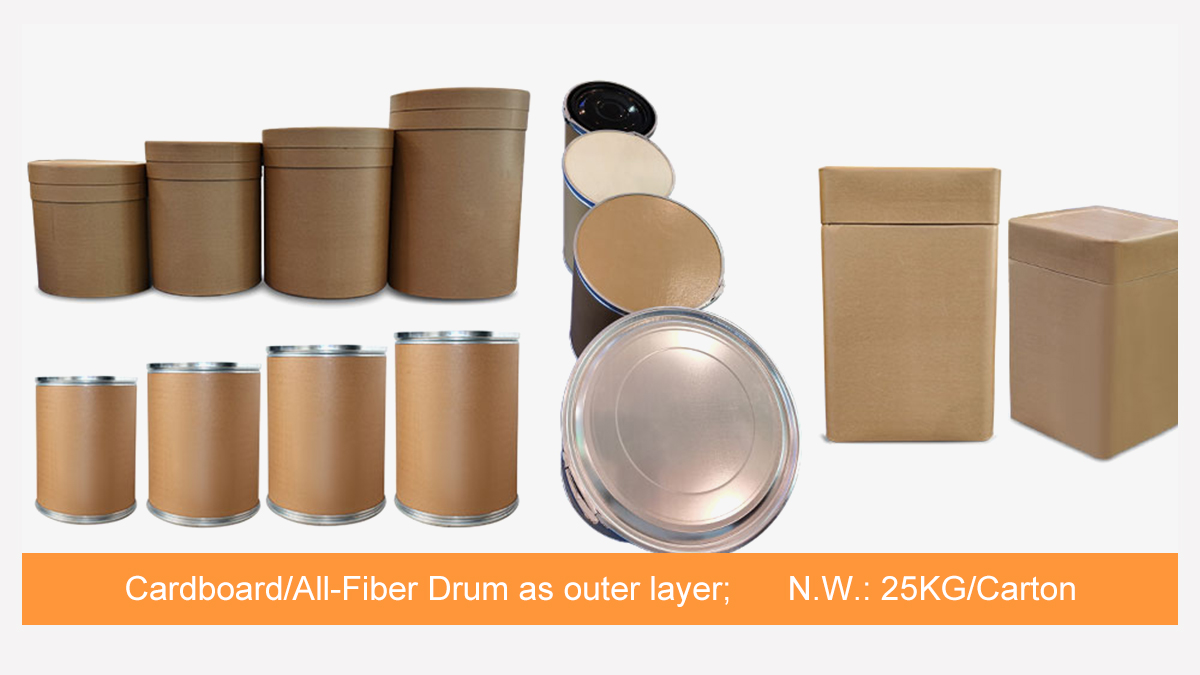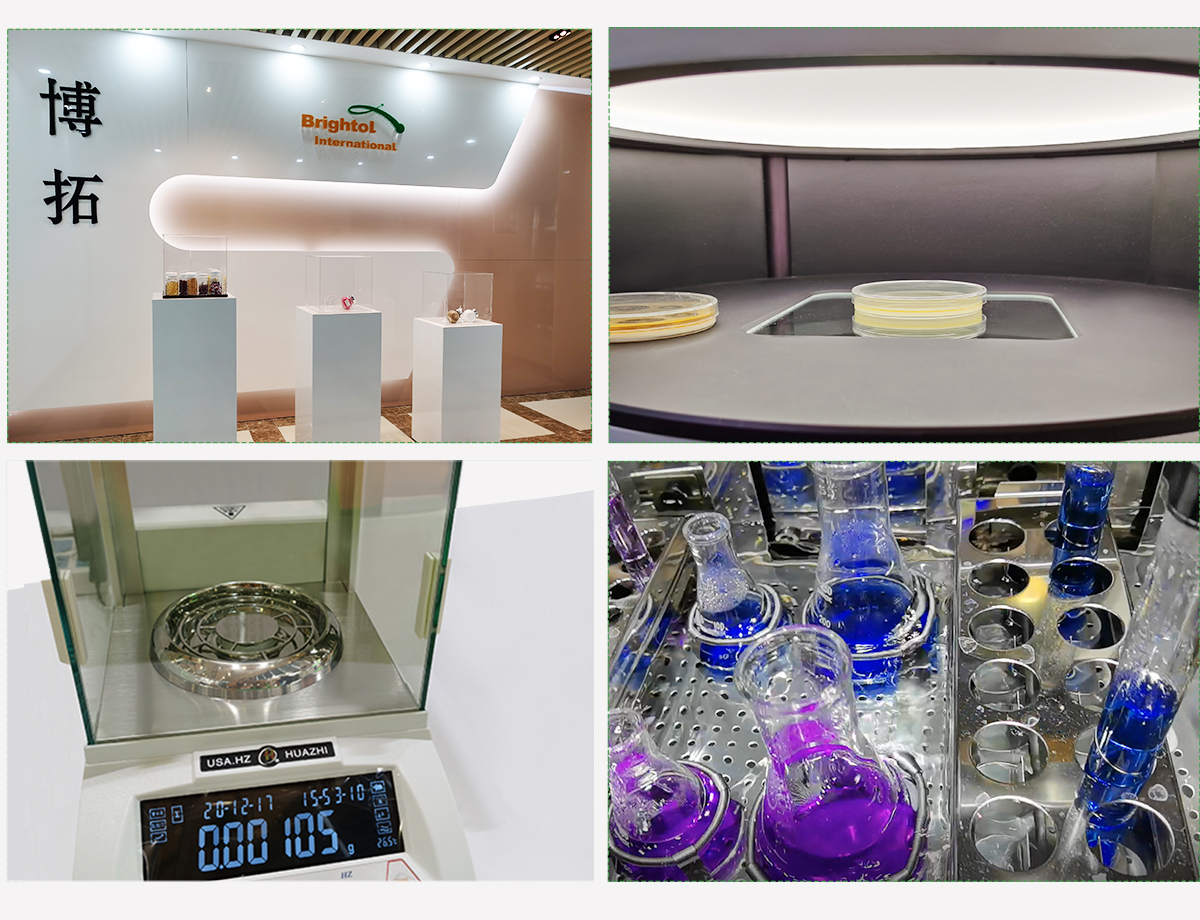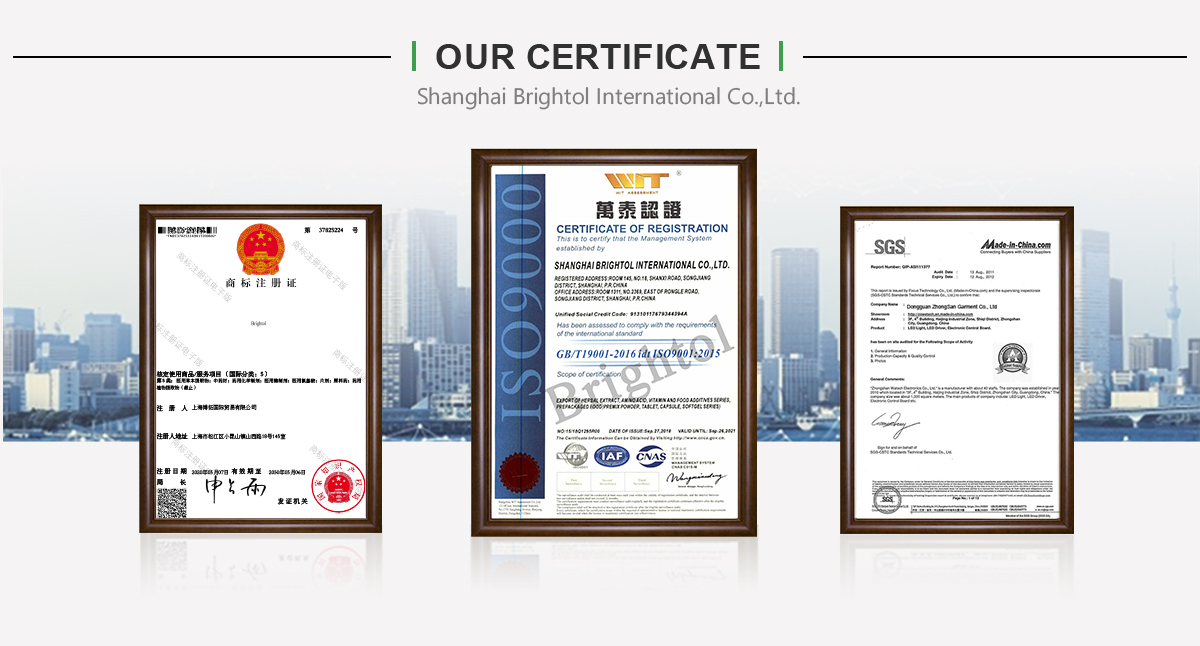

Product Name: Luteolin 99%
Synonyms: 3',4',5,7-Tetrahydroxyflavone; 5,7,3',4'-Tetrahydroxyflavone
Molecular Formula: C15H10O6
Molecular Weight: 286.24
CAS Registry Number: 491-70-3
EINECS: 207-741-0
Description
Luteolin is a common flavonoid. Its sources include many varieties of plants including fruits, vegetables, and medicinal herbs. Plants sources rich in luteolin have appeared in Chinese traditional medicine for treating many diseases such as hypertension, inflammatory disorders, and cancer. Luteolin may even help to reduce niacin-induced flush...
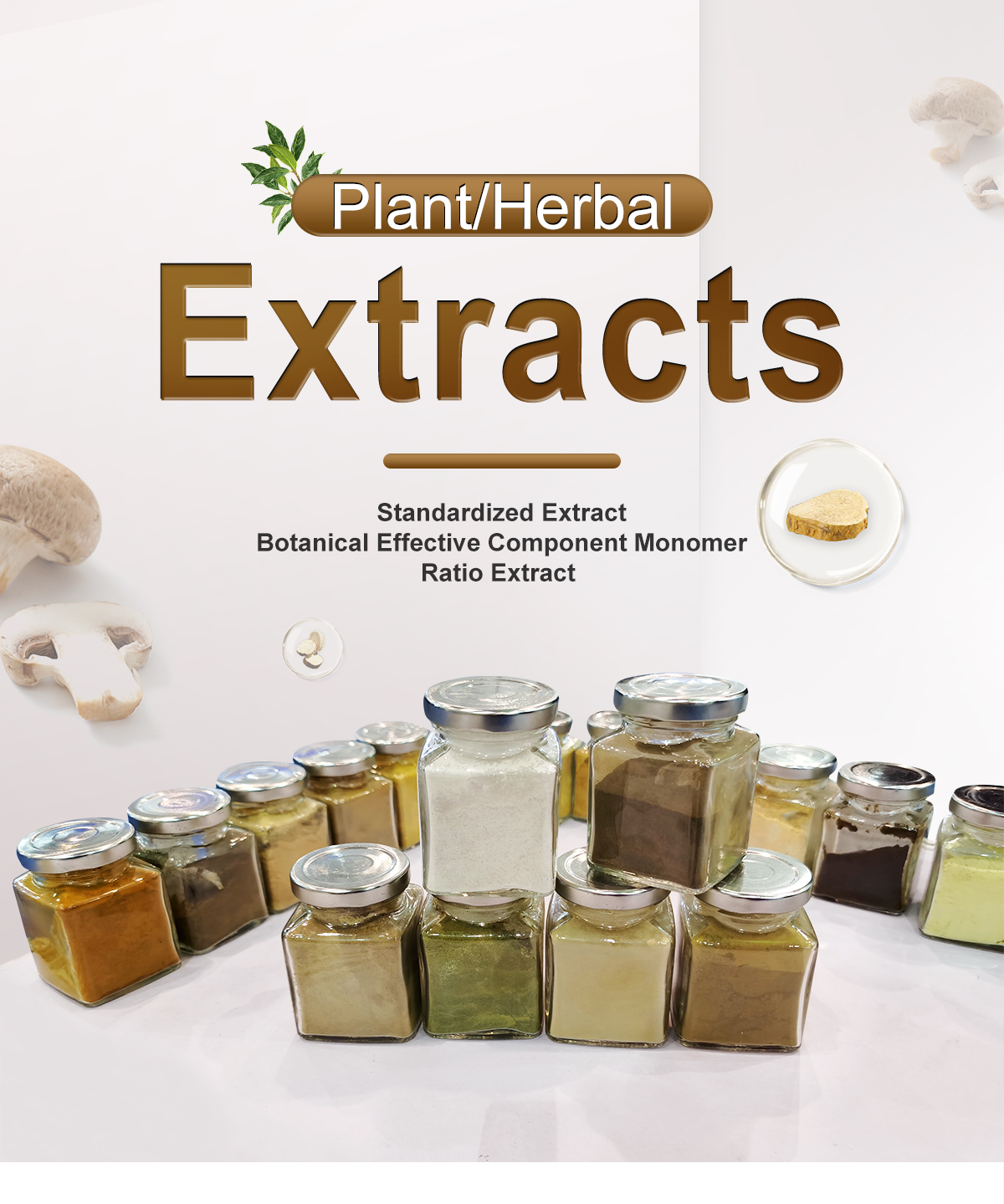

Product Name: Luteolin 99%
Synonyms: 3',4',5,7-Tetrahydroxyflavone; 5,7,3',4'-Tetrahydroxyflavone
Molecular Formula: C15H10O6
Molecular Weight: 286.24
CAS Registry Number: 491-70-3
EINECS: 207-741-0
Description
Luteolin is a common flavonoid. Its sources include many varieties of plants including fruits, vegetables, and medicinal herbs. Plants sources rich in luteolin have appeared in Chinese traditional medicine for treating many diseases such as hypertension, inflammatory disorders, and cancer. Luteolin may even help to reduce niacin-induced flush.
Luteolin is considered by some to be a supper nutrient as it helps reduce inflammation, and promotes nerve and muscle function. It is found in artichoke leaves, parsley, celery, peppers, olive oil, rosemary, lemons, sage, peppermint, thyme and other foods. Basic research results indicate luteolin as an anti-inflammatory agent with other potential effects on septic shock.
Luteolin is a natural anti-oxidant with not as much pro-oxidant (inducing oxidative stress) potential than the most studied flavonoid quercetin, but apparently with a better safety profile.It exhibits outstanding radical scavenging and cytoprotective properties, especially when tried in complex biological systems where it can interact with other anti-oxidants like vitamins. It has been suggested for multiple sclerosis on the basis of in vitro work.
Health Benefits
1. Protects memory and prevents cognitive impairment
2. Help prevent neurodegenerative disorders
3. Improves metabolic health and in turn can protect memory
4. It is a neuroprotective agent
